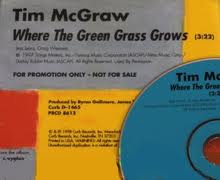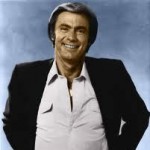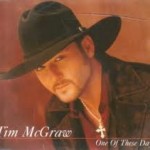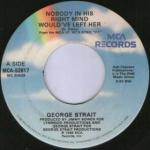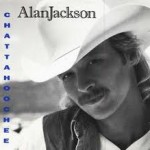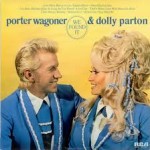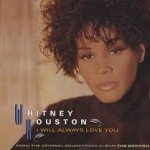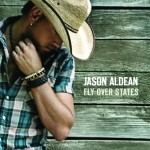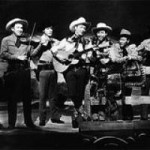 100 Greatest Men: The Complete List
100 Greatest Men: The Complete List
Country artists are known for their longevity, but the Sons of the Pioneers make the rest look like flash-in-the-pan newbies.
First formed in 1933, Sons of the Pioneers are the longest-running active vocal group in country music today. The lineup, of course, has changed over the years, but the original group weren’t just sons of the pioneers. They were the pioneers of Western music, that post-ampersand genre that was once an essential half of mainstream country music.


